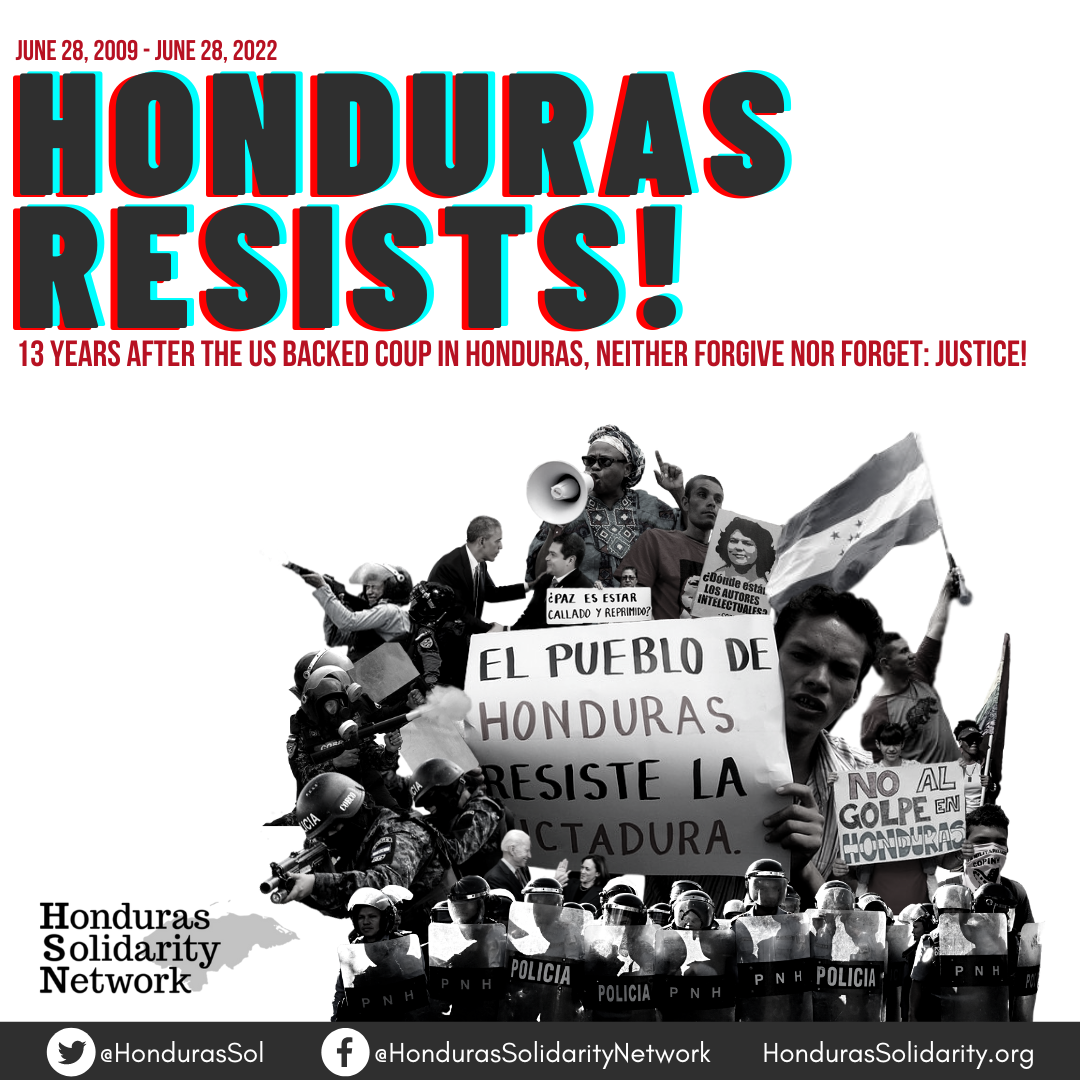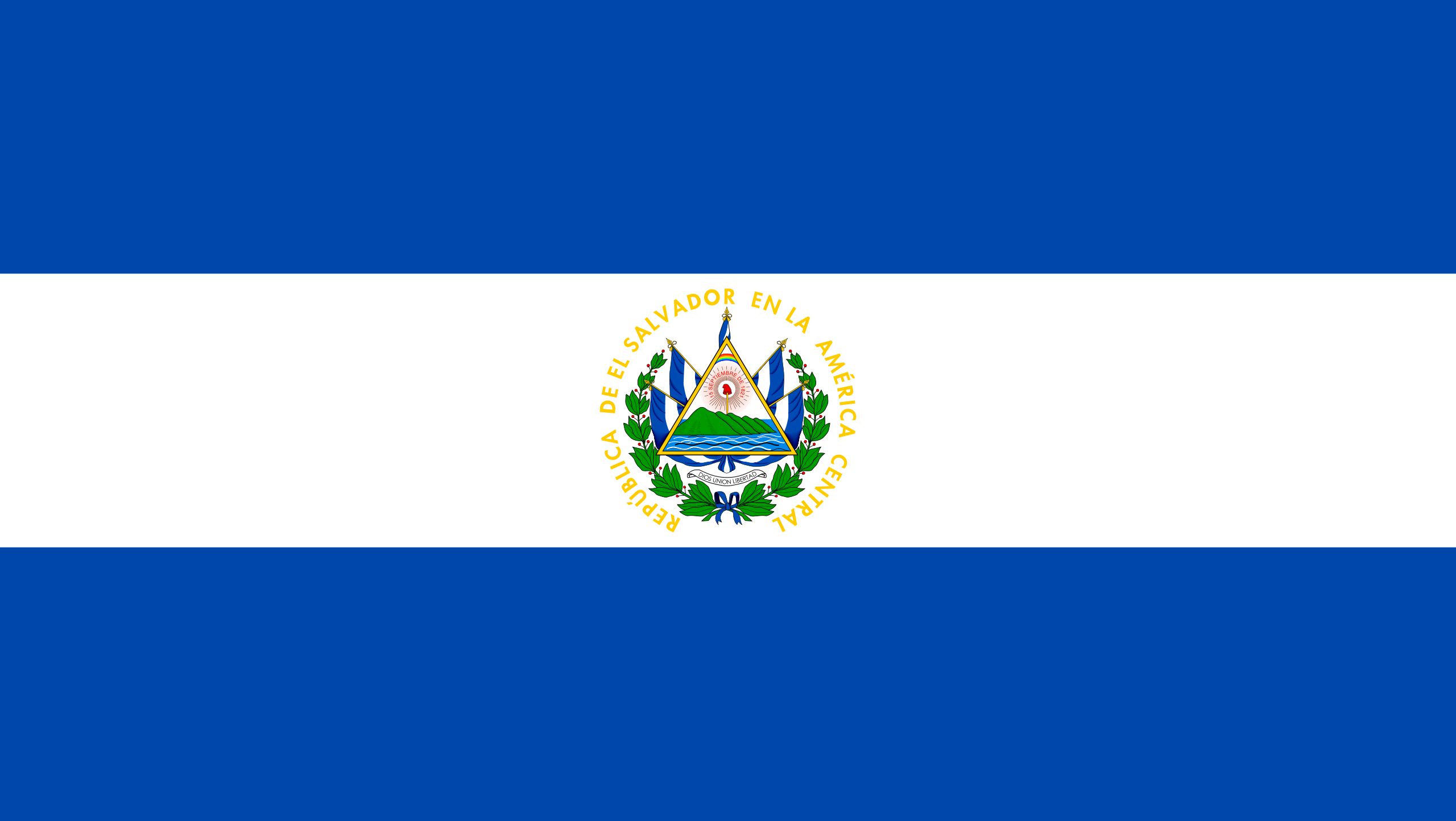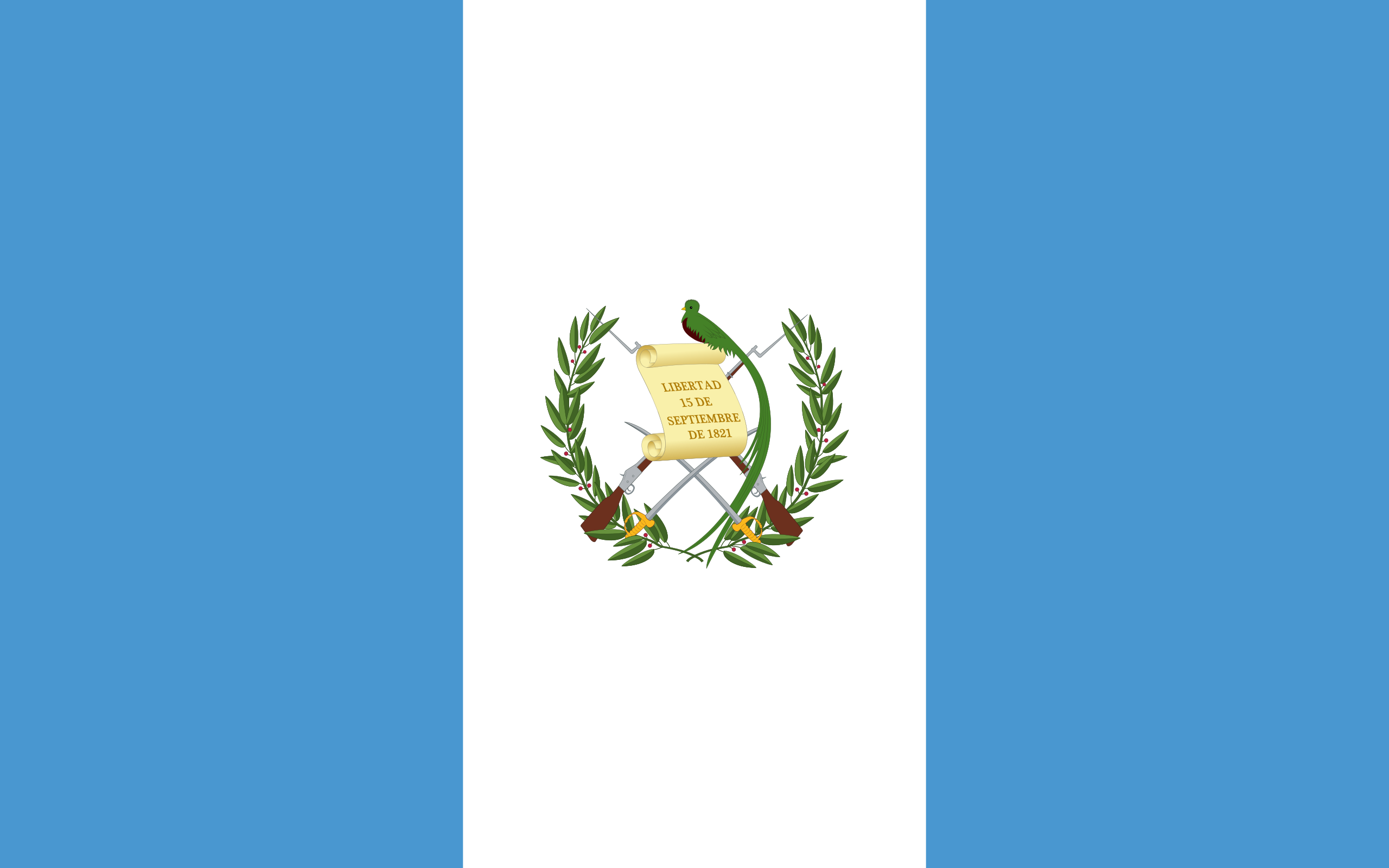The following article by the long time fair trade activist Kim Lamberty gives insight into the challenges Fair Trade businesses and producers face in a world run on profits and competition. In her years as an organizer and as the founder of the coffee non-profit "Just Haiti," Kim was confronted with a number of difficulties, one of which is pricing. As a fair trade business, Just Haiti requires paying producers a living wage which can support them and their families. This ambition is hard to retain on a commodity market that keeps the price for a pound of coffee down at $1.90. For Just Haiti and other fair trade businesses that pay high enough to sustain small farms, it means they have to operate as a non-profit with volunteer labor outside of production. In addition to the low prices, rising inflation puts heavy pressure on producers and fair trade businesses.
While one might think that a rise in commodity prices would help farmers to sell their products at higher profits and lift them out of their fatal financial position, that is only partly true. Since most of the farmers living under the poverty line spend most their earnings on food and other utilities for their families, the higher commodity prices come back around and pull even more people into poverty. This exploitation of working families and the ongoing impoverishment becomes especially disgusting when taking into account the fact that quarterly profits in the U.S. non-financial sector have skyrocketed. Within the last two years, profits went up by more than 80%, adding up to a profit of $2 trillion in the 3rd quarter of 2022. To make such a rise in profits possible, corporations increase their prices under the veil of commodity prices, in many cases even surpassing the increase in production and commodity costs.
This kind of behavior by international corporations make it evident that there is more to the struggle for fair business trading than most people expect. If change is to come, production and prices of these goods have to be rethought. The first step is holding corporations accountable for the treatment of their workers as well as cutting dividends for investors as well as salaries and bonuses for CEO's. But it's not all on the businesses. For years, consumer pressure has kept prices low, keeping producers in poverty and actively depressing wages. It is apparent that these systematic problems require a systematic solution.
To change this inequality, all of us can take measures. We need to organize and educate ourselves as well as our communities on ways to support those who struggle and oppose corporate greed. We can invest and buy from companies paying fair wages. We can make sure not to buy from companies with exploitive off-shore contractors, and we can support non-profits like the Quixote Center, which invest in small partner businesses in Haiti. The Quixote Center additionally works to invest national aid dollars into small community-based businesses to keep profits within these communities and out of the hands of exploitive corporations.
As conscious people, we all must stand up against corporate crimes against workers, communities and the planet!







